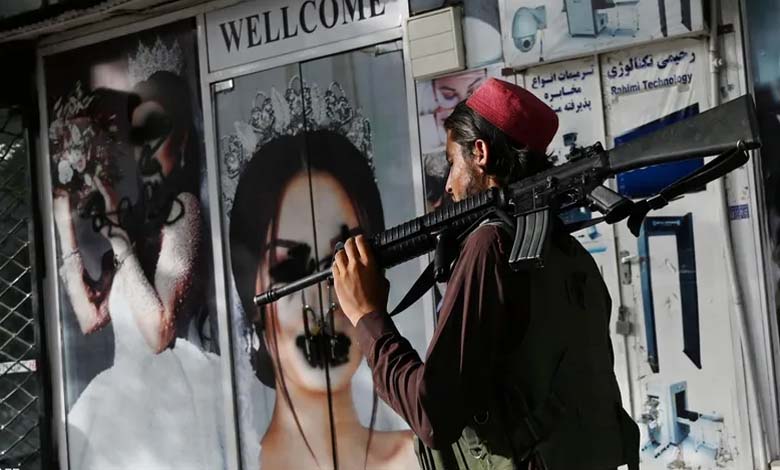What Afghanistan has reaped after 3 years of Taliban rule

Three years of Taliban rule in Afghanistan have been enough to “drive the country into international isolation, deepen internal crises, fuel extremism, and suppress freedoms, imposing rigid religious interpretations, particularly targeting women”.
-
After 3 Years in Power, Has the Taliban Achieved Diplomatic Success?
-
Russia Invites the Taliban to Participate in an Economic Forum
On Wednesday, Taliban authorities began celebrating the third anniversary of their return to power at the former U.S. airbase in Bagram, where Prime Minister Hassan Akhund, in a speech delivered by his office, stated that the country must “maintain the rule of Islamic Sharia.”
On August 15, 2021, Taliban fighters took control of the Afghan capital, Kabul, after the collapse of the Washington-supported government and the flight of its leaders into exile, following a 20-year armed insurgency.
In 1996, the Taliban first came to power in Afghanistan, and their rule lasted until 2001.
According to researcher on extremist movements, Mounir Adib, ” since their second takeover of power in Afghanistan, the Taliban have imposed “restrictions on public freedoms, as well as a rigid stance on women that has not changed.”
The Taliban is an “extremist” movement in terms of ideas and practices, and has not changed its positions on public freedoms and women’s rights. They have banned women from working and studying, including young girls, and have erased the image of women from advertisements and road signs.”
He confirms that the Taliban “support the most extremist movements and host organizations such as Al-Qaeda, which are transcontinental and cross-border.” Thus, the “extremist” movement has not changed its positions at all.
The clerics in the Taliban regime adhere to “the strictest interpretations of Sharia,” including capital punishments and corporal punishments, according to observers.
Over the three years following their return to power, the Taliban have tightened their grip on the country and doubled measures aimed at eliminating “women’s freedom.”
The Taliban have closed secondary schools, then universities, as well as parks, gyms, and public baths to women, in a policy described by the United Nations as “gender apartheid.”
During the period between the two Taliban regimes, “girls were allowed to attend school and women could find jobs in all sectors.” Currently, Afghanistan is the only country in the world that “bans girls from continuing their education beyond primary school.”
The Taliban impose laws based on their “strict interpretation of Islamic Sharia,” but Abdelaziz Al-Najjar, former director of the Department of Preaching at the Islamic Research Institute, denies any connection between the measures taken by the Taliban and the laws imposed by the movement and “Islamic Sharia.”












